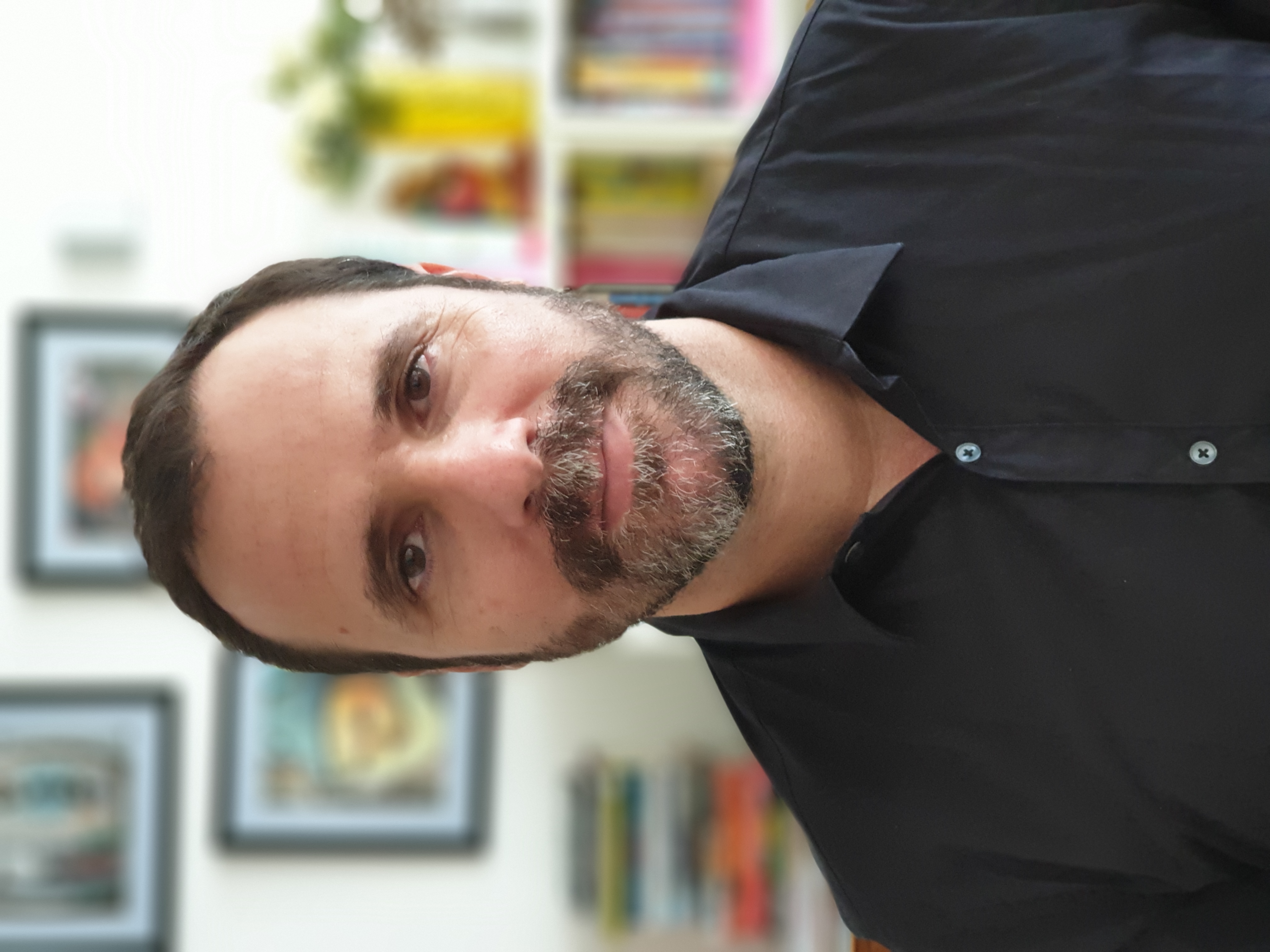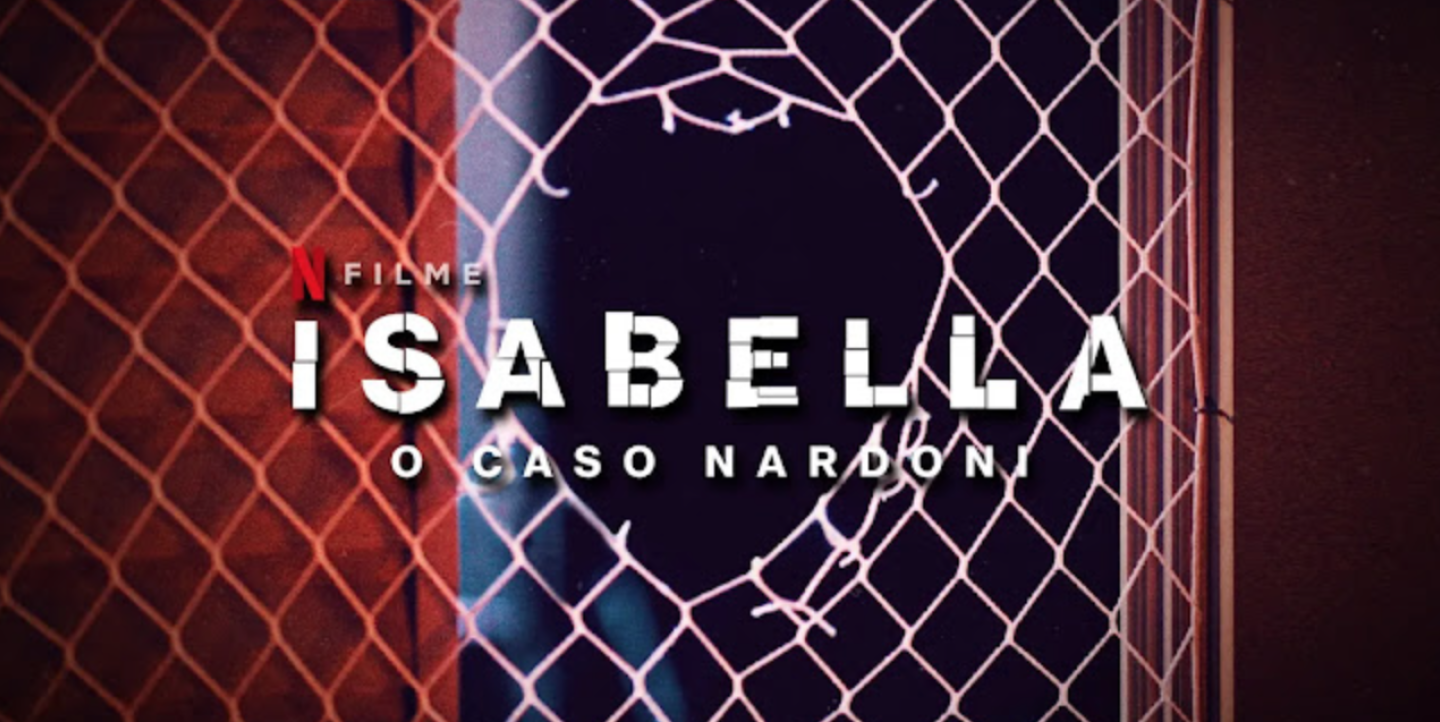On March 29, 2008, five-year-old Isabella de Oliveira Nardoni was thrown from the window of an apartment on the sixth floor of her father and stepmother’s apartment in São Paulo, Brazil. She died soon after in the hospital, where she was found to have marks on her neck and forehead, and showed signs that she may have been choked.
Nardoni’s father and stepmother were later convicted of murder, but have always denied being responsible for the girl’s death. The crime, which at the time consumed national media attention in Brazil, is detailed in a Netflix documentary featuring unseen testimonials and new information on the case, titled "A Life Too Short: The Isabella Nardoni Case."
The documentary is directed by Cláudio Manoel and Micael Langer, who is also the screenwriter. The movie ranked in the top five of most-watched films in the U.S. during the week it launched in August, and reached an impressive first place of the most-streamed non-English movies on Netflix globally. "[The success] exceeded all expectations," said Langer.
I spoke to Langer about the challenges of telling this tragic story, and the significance of Brazilian media reaching more audiences beyond Portuguese speakers.
Why did you decide to direct a documentary on such a difficult topic?
As documentarians, we want to register a relevant historical moment. Particularly, for me, the "harder" it is to make a film, the more stirring the process is.
We also wrote the screenplay and directed the documentary about [Brazilian singer] Wilson Simonal, which at the time was also considered a "difficult" topic. For us, [the Isabella Nardoni case] was an intriguing story and we wanted to learn more about it. Our work is precisely about learning more and sharing our findings with the viewers.
The Nardoni case is different from all the others out there. The way people were moved and engaged [by the case] was unprecedented, and the historical distance [today] made it possible for us to address the topic in a more objective way.
As for the interest shown by viewers, crime documentaries do prompt people's interest - and this is not me saying this, the numbers out there can prove it. But, in this case, we were surprised by the international reach, which only shows how this story goes beyond the crime itself.
How can journalists keep emotions at bay while reporting on topics like murder?
It's complicated, especially when we are dealing with the pain of a loss that is so overwhelmingly present, even 15 years later. We get emotional – we are only flesh and blood – but we know the responsibility we have in telling a story, as brutal as it can be, in the most respectful and responsible way possible.

What was the hardest part of the process?
The most difficult part was putting the pieces of this giant puzzle together, and making them fit into our storytelling as new pieces were unveiled through interviews and documents. This is a very complex case with lots of mismatched and contradictory information. But we have always tried to stick with the facts and with the things that seemed to make more sense for us.
The interviews with Isabella's family were very moving, as they were supposed to be, and many of us cried during these moments – we are not robots. But we knew that this couldn’t get in the way of our work.
Does the documentary bring to the surface details that haven't been published before?
We brought up some information that had not been featured in the media before, but in most cases this is simply due to the distance in time and because we had access to the Oliveira family.
On the other hand, a lot of information published [in the past] could not be included in the film due to its runtime. This included senseless theories and irresponsible "inquiries" used to get a scoop, but they were disrespectful to the pain of a grieving family. The role the press plays in the case is highlighted in the film because we believe that there's a lot to reflect on.
Did you try to listen to both sides equally?
We can't listen to both sides "equally" because we are talking about a side that was the victim of a brutal crime, and another that was convicted of this crime in court. [However}, we thought it would make sense to listen to [perspectives of the case from the] defense side.
Unfortunately, no one from either the Nardoni or the Jatobá family [Nardoni’s stepmother’s family] wanted to speak, so we decided to consult the defense attorneys. One of the documentary’s storylines analyzes how public outrage might have pressured the investigation, or might have at least influenced how fast it was conducted.
Did the media commit any mistakes when covering the crime at the time, and if so has it learned from them?
I can't say if anyone "learned" something from this coverage. We can't forget that we are talking about human beings behind the media outlets and the public safety bodies.
People are subject to being led by emotion, but it’s necessary to try to prevent this from affecting the outcome of your work, ethically speaking. I wouldn't use the word "mistakes," but there was certainly excess behavior.
How did you approach telling this story in a respectful way, and avoid sensationalizing the crime?
We have never made any arrangement with any interviewee in our movies, be it the ones for cinema, TV or streaming. When [Cláudio and I] first worked together on a documentary, the one about Wilson Simonal, our approach with the singer's sons was to make public all our findings, even if this meant confirming that [Simonal] had been a whistleblower during the military rule. We would only work that way.
When it comes to sensationalism, I didn't feel the need to "run away" from it, because this wouldn't feel natural for me and Cláudio. Portraying sensationalism doesn't mean you are adopting sensationalism. Isabella's family themselves emphasized how subtle and respectful the movie is. For us this is the biggest seal of approval possible to demonstrate how we managed to keep the fairness, even when addressing such controversial topics.
What is it like to be a documentarian in Brazil? What should young documentarians keep in mind to break through?
It used to be way harder than it is now. First, these days you have something that is key: the audience. This is due to the streaming services, especially Netflix, that established and made documentaries popular, especially the docuseries.
Secondly, you have different platforms where you can exhibit your work, from paid streaming services to YouTube, where in the past you were restricted by a limited number of screening rooms, or an occasional on paid TV slot, or DVDs.
The cost of filming equipment has also dramatically dropped, and there are tons of online guides teaching and demystifying the technical parts of the filming process. Nowadays, if you want to shoot a documentary there are no excuses for not doing so, and that's great.
Main image: Netflix screenshot.
This article was originally published on IJNet Portuguese and translated by Priscila Brito.


